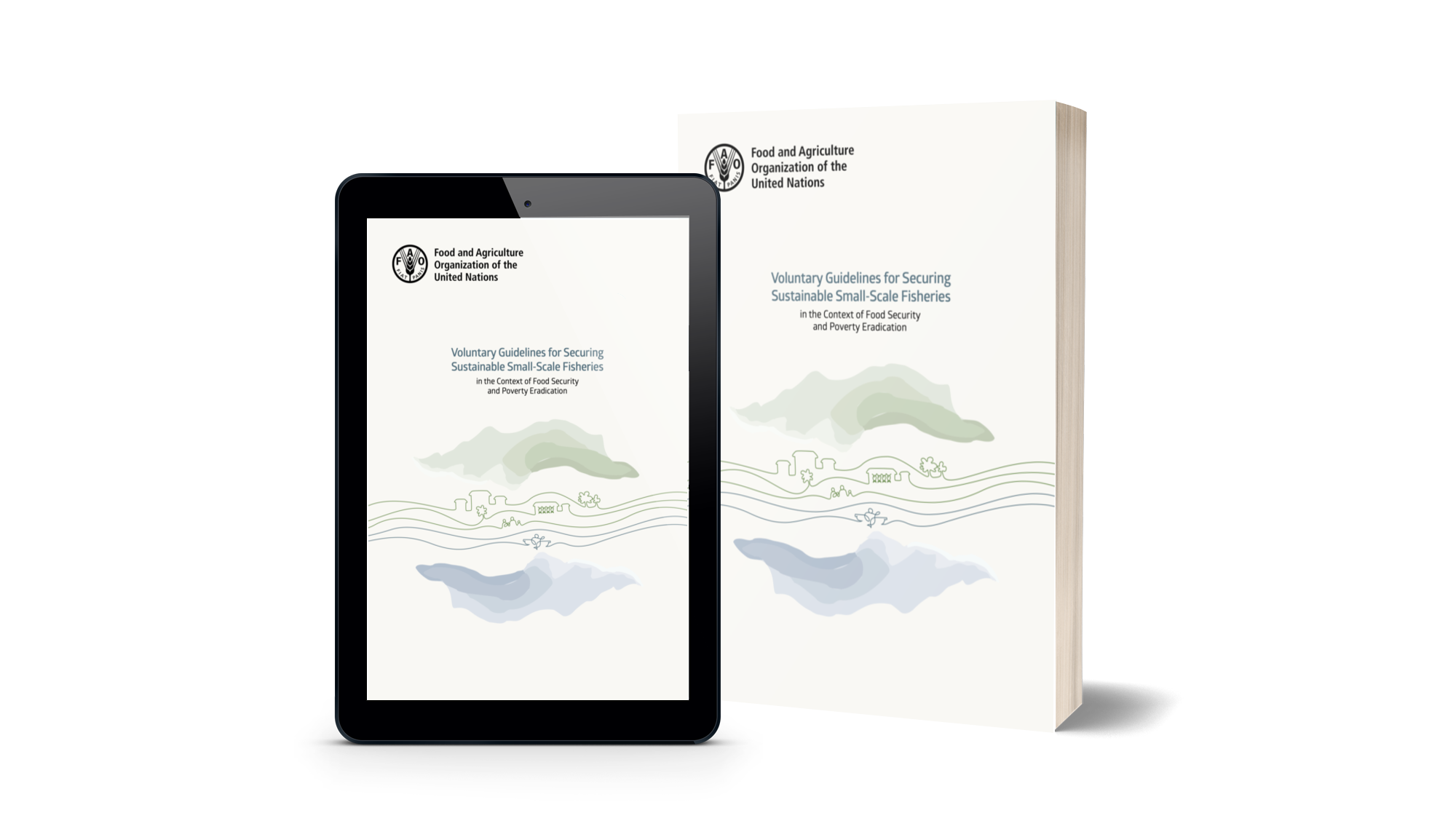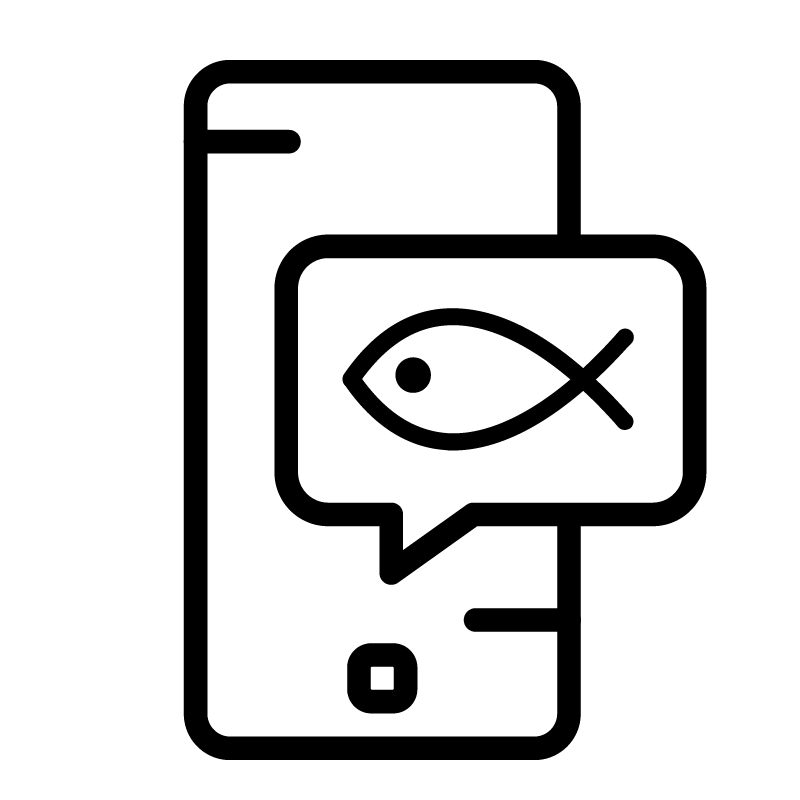Malawi
Small-scale fisheries in Malawi are crucial to the livelihoods of many, as well as to national food security and nutrition. Due to its landlocked condition, small-scale fishing activities take place exclusively on inland waters, mainly conducted on Lake Malawi (which is also known as Lake Nyasa). Despite its key contributions, the subsector still faces many challenges that threaten its sustainability.
In 2023, the Government of Malawi, through the Department of Fisheries, with support from the Food and Agriculture Organization (FAO), launched Malawi’s National Plan of Action for the Implementation of the Voluntary Guidelines for Securing Sustainable Small-Scale Fisheries in the context of Food Security and Poverty Eradication (2023-2030) which is now being implemented in accordance with other national and regional instruments.
In Malawi, under the project entitled “Implementing the Small-Scale Fisheries Guidelines for Gender-Equitable and Climate-Resilient Food Systems and Livelihoods”, a sub-programme of the FAO Flexible Voluntary Contributions fund (FVC), FAO worked to increase fish consumption, especially among infants and young children. This was achieved by supporting new and existing care groups, while providing trainings on feeding practices that include aquatic products. This work was paired with cooking demonstrations in project districts and with the compilation of a recipe book for fish-based local dishes.
Post-harvest losses are a widespread issue in Malawian small-scale fisheries. Thus, with the aim to reduce fish loss, FAO conducted trainings on post-harvest fish processing techniques and preservation methods, and procures small post-harvest infrastructure and training to be used by small-scale fisheries processors in selected communities. In addition, the project organized trainings on the use of this infrastructure and on infrastructure co-management and maintenance for beneficiaries and government officials.
On the gender front, FAO supports capacity building on gender mainstreaming, targeting men and women in the fisheries value chain with training on using a gender-transformative approach known as the gender household approach. The trainings provide a forum for analysis of key issues that are faced by women in the industry. The household approach to gender mainstreaming is deemed ideal because it empowers all adult and youth members of a household through better gender and power relations, enables equitable access to and control over resources, assets and benefits, and aims to improve the livelihoods of all household members indiscriminately. In addition, the project supported women fishers’ efforts to organize into groups, including the national umbrella network of women fisheries launched in Malawi in 2022, the African Women Fish Processors and Traders network (AWFishNet Malawi chapter).
Related publications
Related news

High-level dialogue session on National Plan of Action for Small-Scale Fisheries in Malawi
08/05/2024
A High-level dialogue session on the

Malawi launches national plan of action for small- scale fisheries (2023 – 2030)
07/11/2023
The Government of Malawi, through the Department of Fisheries, with support from the Food and Agriculture Organization (FAO), launched Malawi’s National Plan of Action for the Implementation of the Voluntary Guidelines for Securing Sustainable Small-Scale Fisheries in the context of Food Security and Poverty Eradication (2023-2030).

How the Department of Fisheries in the Government of Malawi responded to the Covid-19 pandemic
23/10/2020









